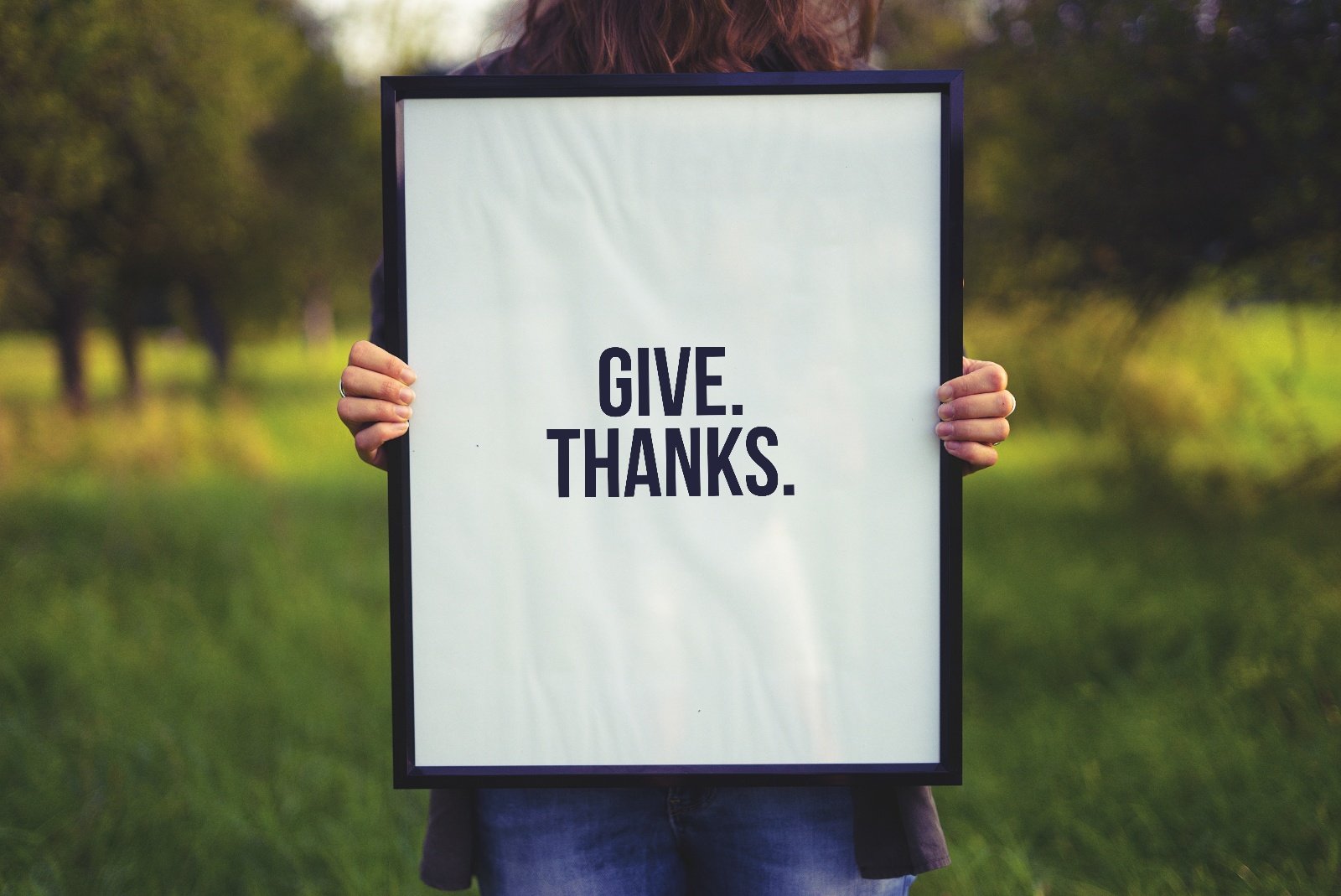Devotion: Jesus Changed Your Clothes, Zechariah 3
Sin can make us feel gross just like wearing old, dirty clothes. Have you ever felt that way? Joshua can relate. Let's remember how Jesus made us clean.
BY Amy Kopecky
Have you ever been on a camping or backpacking trip and gone without a shower for days on end? The dirt isn’t noticeable in the beginning because you’re on an epic trip braving bears, mountain stream bacteria, and rocks under your sleeping pad. But when you get home, you step into your clean house with your mud-caked hiking boots and that’s when you see how dirty you are. There’s no way you would jump into your cozy bedsheets with grime and pine needle sap stuck to your skin, right?

That first hot shower feels like heaven.
God gave the prophet Zechariah a vision of another type of clean that literally was heavenly because it came directly from God. Except that God used the picture of laundry instead of a shower. Here’s the scene:
The Jewish people had just been freed from seventy years of exile in Babylon. The community needed to be united from all the places they’d been scattered, so God called Zechariah to be his voice. He had two main messages. First, to call the people back to their faith, and second, to encourage the Israelites to rebuild Jerusalem and their holy temple.
God gives Zechariah eight night visions, and one of them is about a priest named Joshua. Joshua (which means “The Lord saves.”) represents the sin of the people. He is standing before the angel of the Lord in filthy clothes, but not in the camping-filth clothes you’re familiar with. This is sin-dirt. It’s the kind of dirt that doesn’t rinse easily off your skin down into a drain. It darkens you from the inside-out.
But even as dirty as Joshua is, the angel commands his clothes to be changed. “‘Take off his filthy clothes.' Then he said to Joshua, ‘See, I have taken away your sin, and I will put rich garments on you’” (Zechariah 3:3). Then the angel had a clean turban placed on Joshua’s head.
So what does this freshly-laundered Joshua have to do with you?
Sin doesn’t always feel like sin when you’re living in it, just like dirt doesn’t feel dirty when you’re living in wilderness. It’s all you know. It feels normal. But the minute you stand in the glory of a holy God, just like walking into your clean house after a long camping trip, you can suddenly see how much you need to be forgiven.
God sent Jesus to change your clothes.

“I am going to bring my servant, the Branch…and I will remove the sin of this land in a single day” (Zechariah 3:8-9).
In a single day! And sure enough, on Good Friday, Jesus changed your clothes. His death and resurrection made it possible for you to be clothed in his rich, white garments so that you could stand in the presence of your King. You didn’t earn it. You can’t lose it. These clothes are 100% free and you are 100% forgiven.
In youth poet laureate Amanda Gorman’s inauguration poem “The Hill We Climb,” she writes: “Scripture tells us to envision that everyone shall sit under their own vine and fig tree, and no one shall make them afraid. If we’re to live up to our own time, then victory won’t lie in the blade, but in all the bridges we’ve made. That is the promise to glade, the hill we climb if only we dare it.”
That Scripture comes from a passage in Micah and also from this chapter. “‘In that day each of you will invite his neighbor to sit under his vine and fig tree,’ declares the Lord Almighty” (Zechariah 3:10). Ms. Gorman used this beautiful picture to envision hope for a peaceful future. God gives it to us as his promise of a peaceful future in heaven.
So the next time you feel the heavy weight of sin-ridden clothes, remember that they’ve been replaced with Jesus’ robe of righteousness. He climbed the ultimate hill for you and won your eternal victory!
Prayer: Jesus, I delight greatly in you; my soul rejoices in my God. For you have clothed me with garments of salvation and arrayed me in a robe of your righteousness, as a bridegroom adorns his head like a priest, and as a bride adorns herself with her jewels (Isaiah 61:10).




